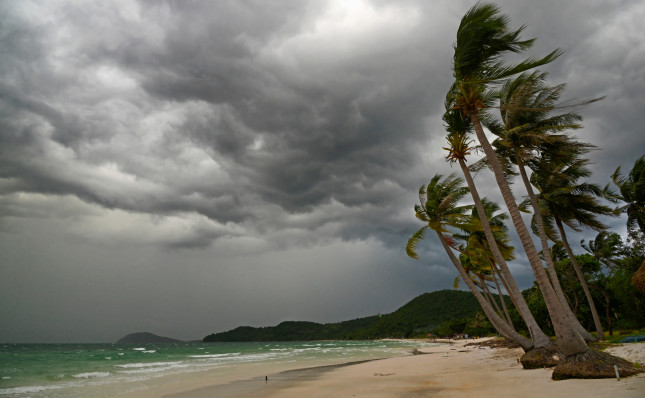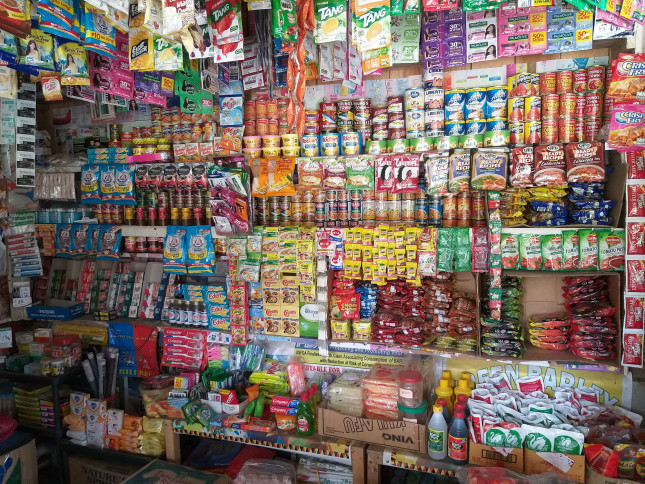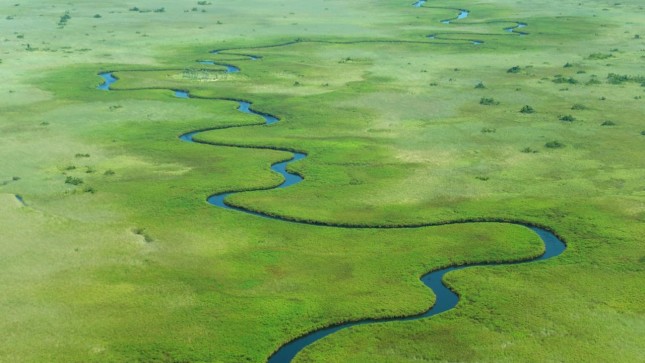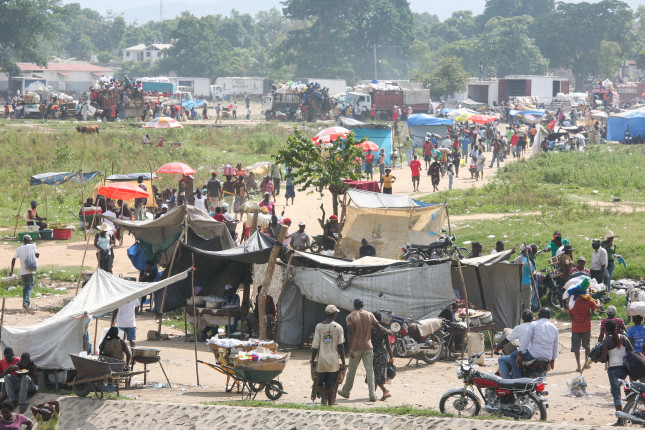-
The Top 5 Posts of December 2020
›
Approximately 200,000 women in the U.S. are incarcerated—a nearly 800 percent increase over the past forty years. An often overlooked aspect of the increasing rates of women’s incarceration is its impact on women’s sexual and reproductive health needs. In our top post this month, the Maternal Health Initiative’s Hannah Chosid writes about the overlooked needs and barriers to incarcerated women’s reproductive autonomy.
-
The Top 5 Posts of November 2020
›
A powerful method for communicating and examining uncertainty, scenario planning has come to the fore in discussions on how to address COVID-19. As scenario planners continue to map the potential consequences of COVID-19, they are finding much in common with risk managers, who use past data to identify and forecast external threats. In our top post this month, Steven Gale suggests that it’s time for scenario planners and risk managers to align and join forces to produce a single foresight capability.
-
The Top 5 Posts of October 2020
›
The Grand Ethiopian Renaissance Dam (GERD) is both a point of contention and an opportunity for collaboration among countries sharing the Nile river basin’s water resources. In our most read post this month, Matthew Gallagher covers a recent UNC event with Wilson Center Global Fellow Aaron Salzberg on the intricacies of the GERD and the importance of stakeholder diplomatic processes in shaping relationships around the dam.
-
The Top 5 Posts of September 2020
›
Southeast Asian countries, like the Philippines and Indonesia, generate a large amount of plastic waste each year. One item alone—single-use plastic sachets—makes up the majority of this plastic waste, littering beaches, clogging waterways, and polluting surrounding oceans. In our top spot this month, Eli Patton shares potential solutions to turn off the tap on Southeast Asia’s plastic waste problem.
-
The Top 5 Posts of August 2020
›
As Beijing prepares to host the 2022 Winter Olympics, China’s environmental activities are once again on center stage. The Wilson Center’s China Environment Forum took the top spot this month with Karen Mancl and Richard Liu’s coverage of the new program report, “Closing the Loop on China’s Water Pollution,” which details what China can learn from New York, Washington, D.C., and Singapore, to advance its wastewater and carbon reduction targets.
-
The Top 5 Posts of July 2020
›
The U.S. Agency for International Development revamped its Water Office this spring, renaming it the Center for Water Security, Sanitation, and Hygiene, and adding it to the Bureau for Resilience and Food Security. In this month’s top post, Stephanie Cappa and Sarah Davidson highlight the importance of this shift for elevating water security as a central development issue, and call for increased attention and support to build more resilience and sustainability into food and water systems.
-
The Top 5 Posts of June 2020
›
The same factors that make human trafficking victims vulnerable to trafficking can also exclude them from the very initiatives meant to protect them. In the case of the Dominican Republic, Haitian migrants—black, poor, and mostly men with an irregular immigration status—are more often viewed as criminals than victims of trafficking. In our top post this month, Jean-Pierre Murray explores the case of Haitian migrants, the risks they face, and why they’ve been overlooked.
-
The Top 5 Posts of May 2020
›
Despite the fact that more than half of the professional health workforce are nurses and 90 percent of nurses and midwives are women, a strong gender bias still impacts women nurse’s decision-making power in the health sector. In this month’s most read article, Peter Johnson, a male nurse and midwife, challenges men both in and outside of the profession to do better in elevating the voices of women nurses and midwives and ensuring they have a seat at the table when decisions are made.
Showing posts from category What You Are Reading.











